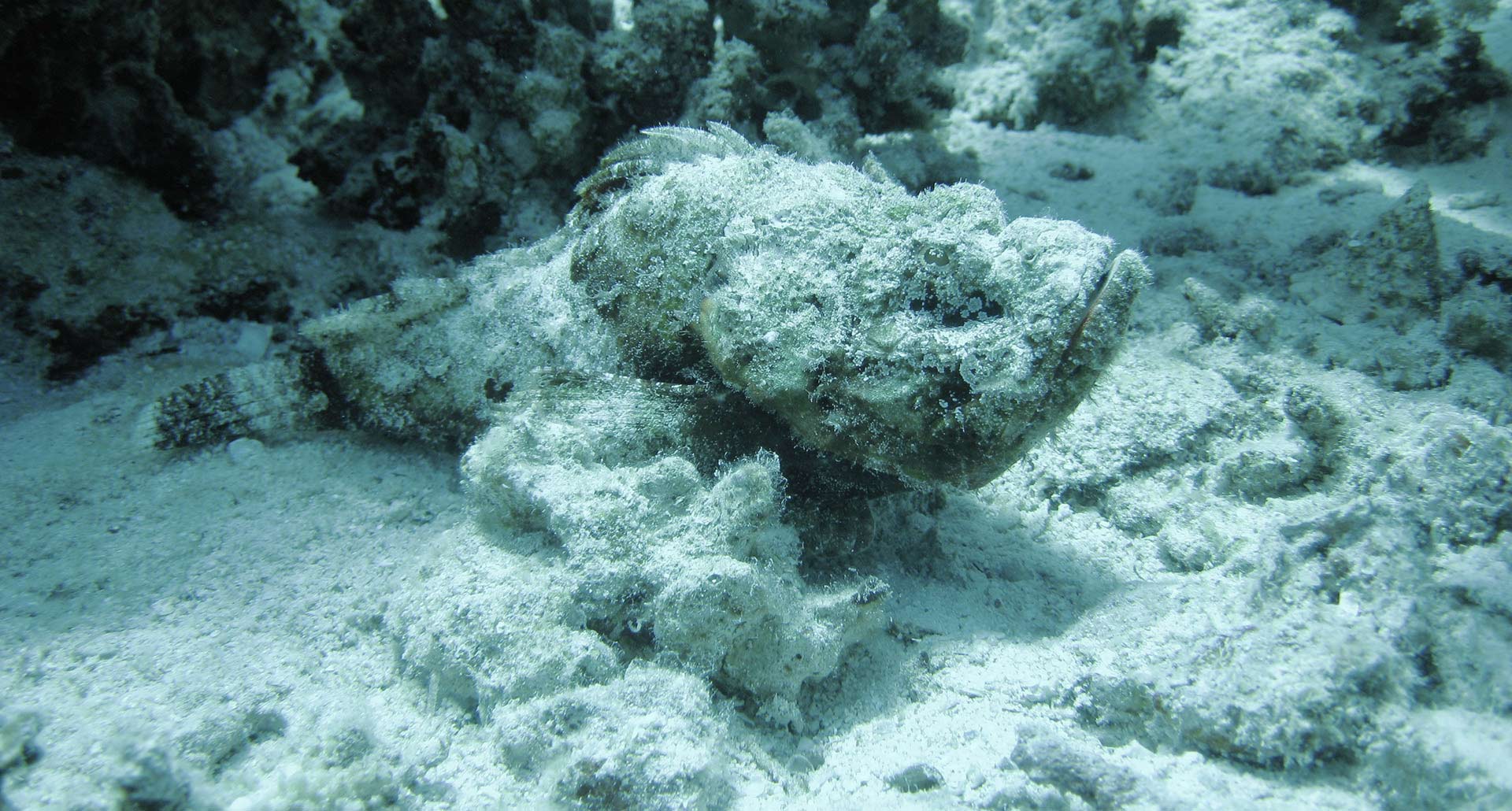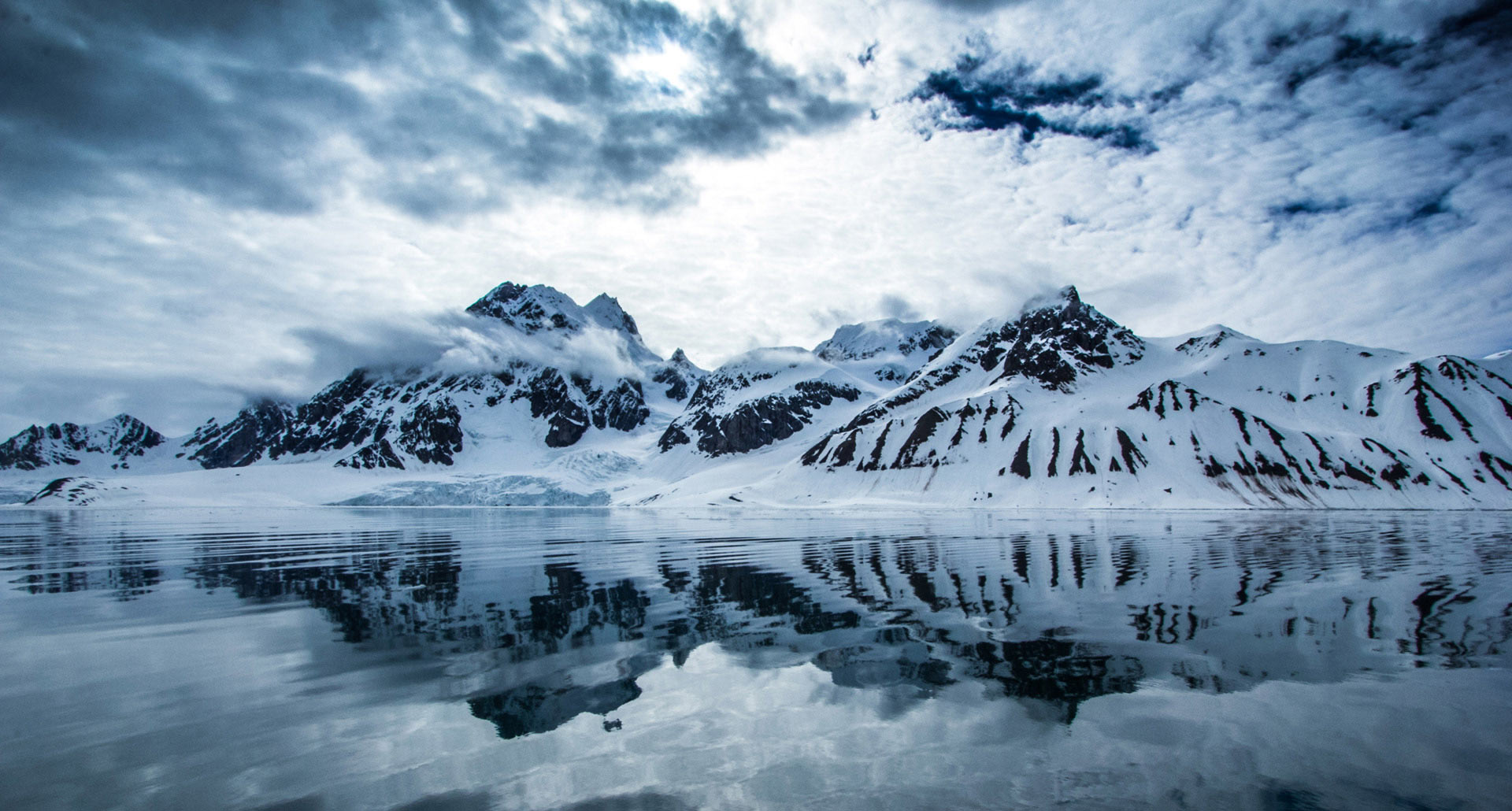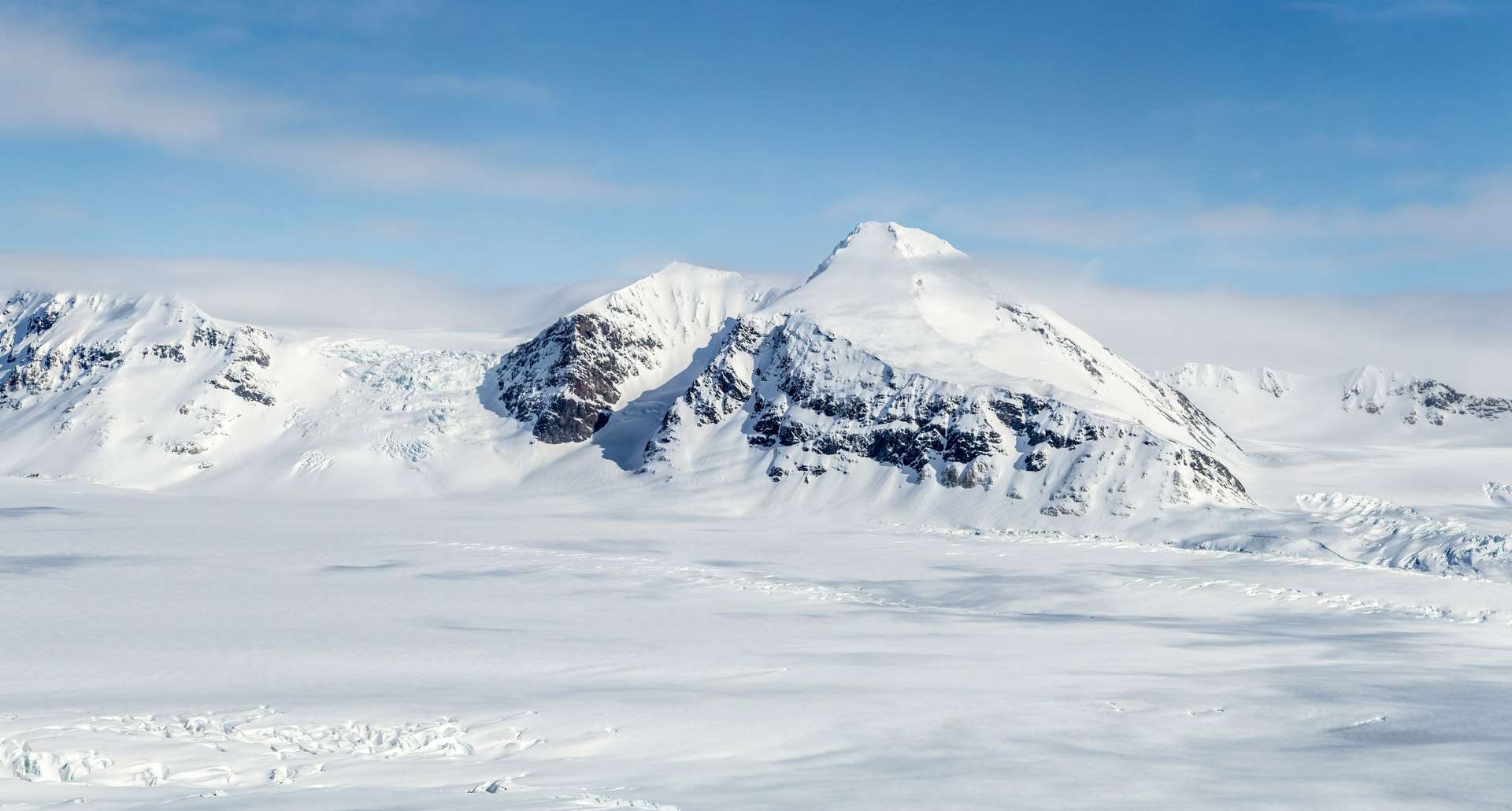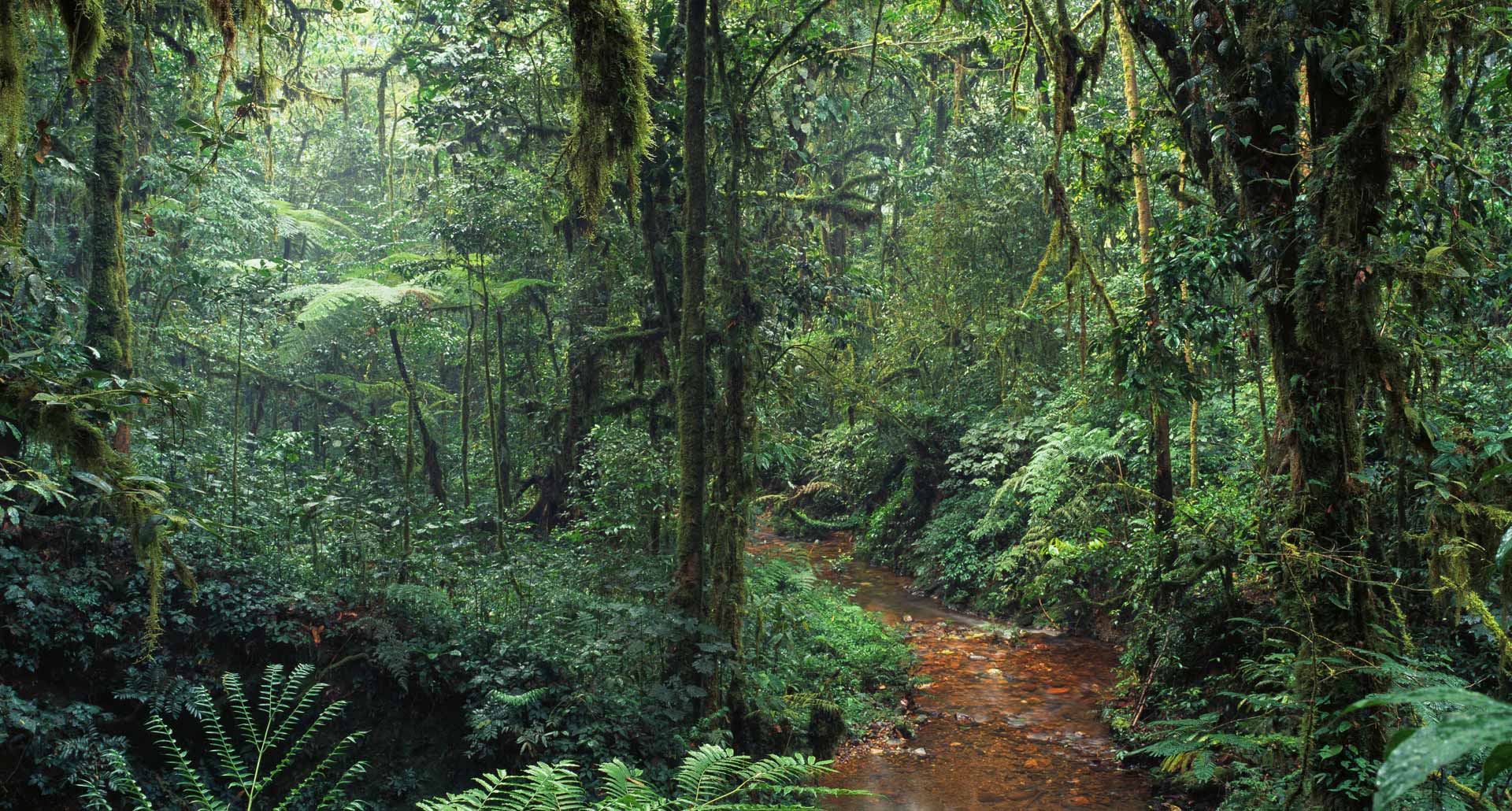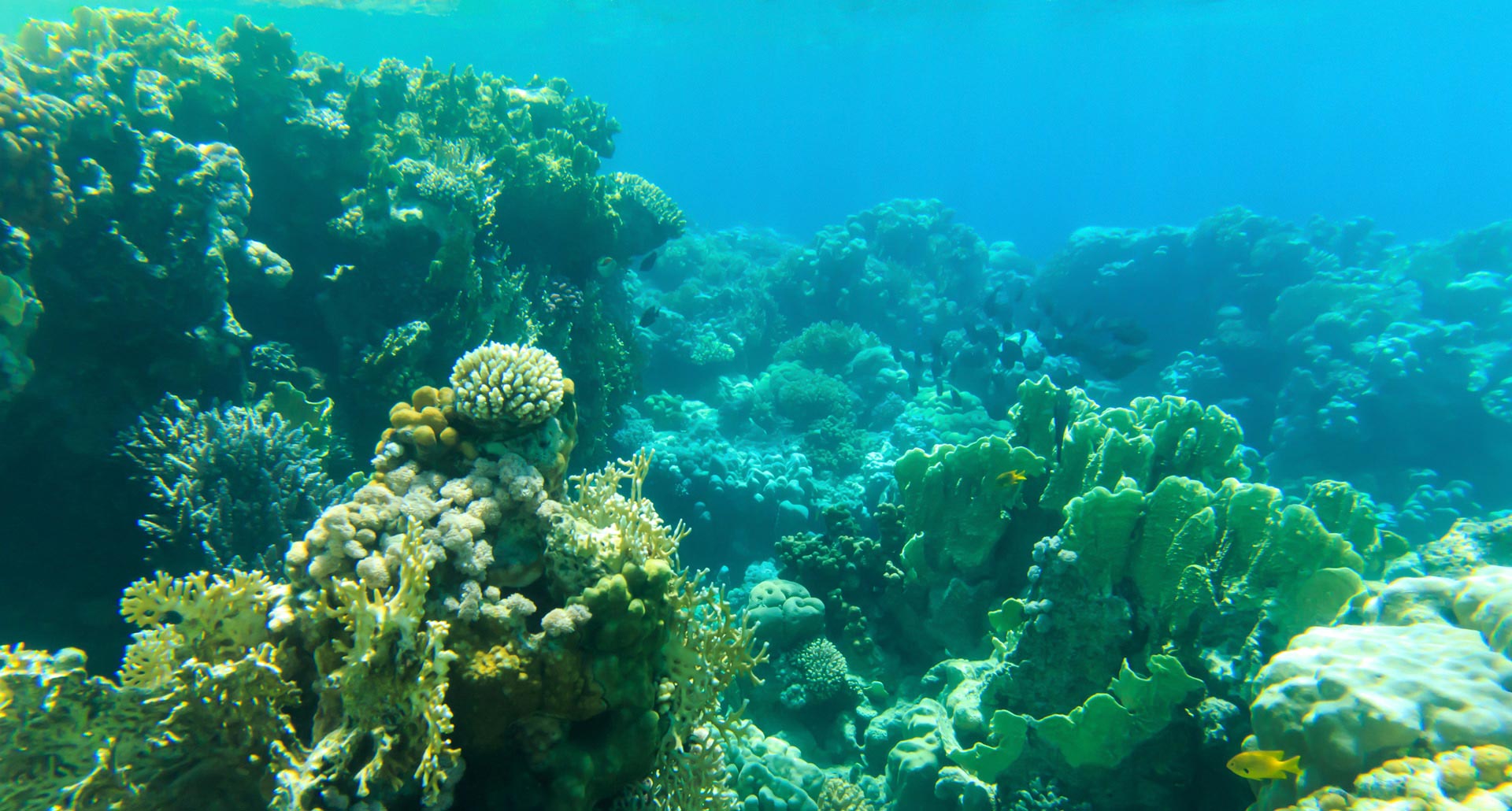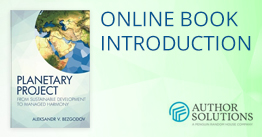Planetary Rent to be launched in the Arctic
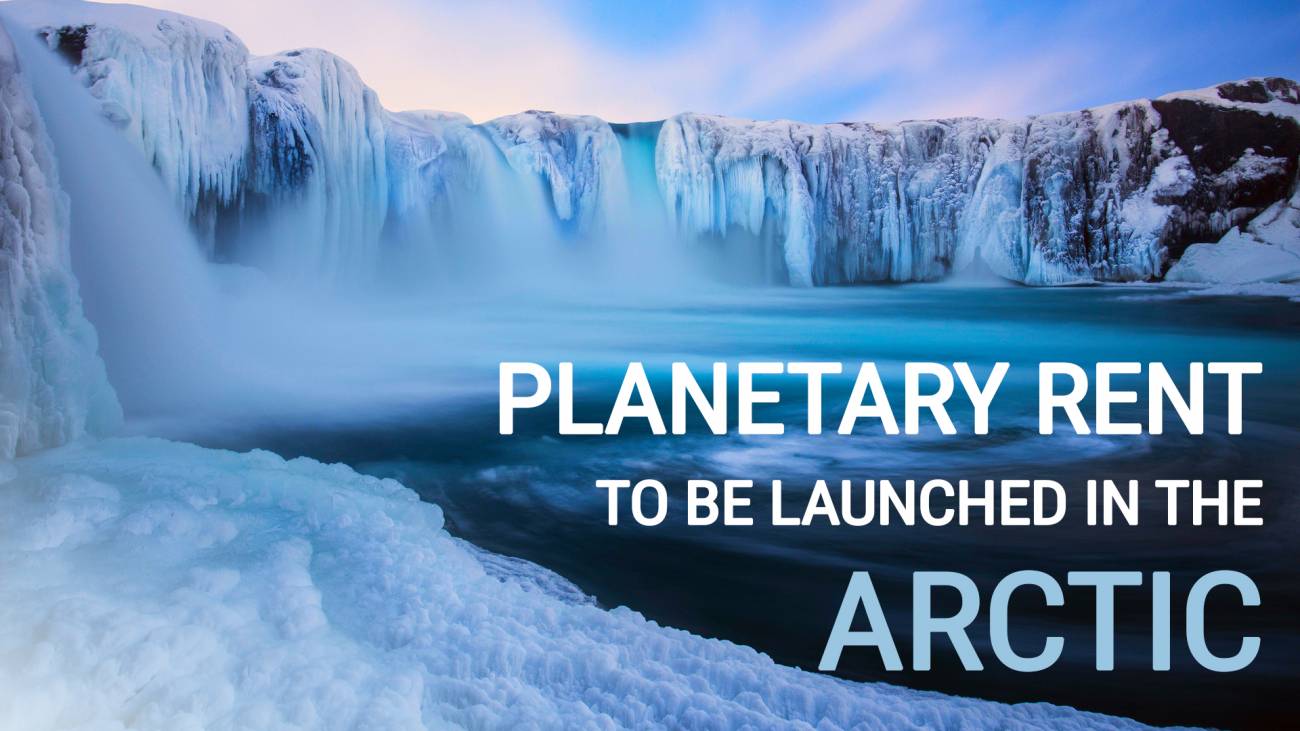
The Planetary Development Institute is preparing to publish a new monograph by Aleksandr Bezgodov, who is a corresponding member of the Russian Academy of Natural Sciences. This time, the work by the well-known researcher, who focuses on macroeconomics and social problems, is devoted to the Arctic, which covers one-sixth of the Earth’s surface and was, until recently, a “backwater of world politics”.
In the 21st century, the situation has changed dramatically. Global warming has begun to turn these uninhabited, icy expanses into a land that is sufficiently safe and hospitable, for short stretches of time, and, in two or three decades, it will even be comfortable. There are now excellent prospects here, not so much for tourism as for a genuine boom in the world’s extractive industries. After all, the reserves of strategic resources in the long-inhabited corners of the planet are practically depleted. For much of the region’s natural wealth, “ownership” has yet to be established, so, thousands of miles away from the Arctic Ocean, world powers are staking out claims for their share of the global commons.
According to China’s White Book on the Arctic, 2018, the situation in the Arctic region has gone beyond cooperation exclusively among the polar countries. It now has a vital impact on the interests of states in other regions and the international community as a whole, since it affects the survival, development and common future of humanity.
In his latest work, Doctor of Economic Sciences Aleksandr Bezgodov proposes using economic regulators to arrive at a unified international approach to dealing with the most pressing Arctic issues. It is from this perspective that he presents the history of the most important polar expeditions and landmark discoveries for planetary geography, the opening up of the permafrost territories by pioneers and the development of the relationship with the indigenous peoples. He examines the evolution of international Arctic law, from the first bilateral agreements, the sectoral designation of the boundaries and the status of the free zones, to the maps of the territorial and neutral waters, which have not yet been finalized. And he concludes that it is the postponement of decisions about the legal regime in the region that has created difficulties for cooperation and may even lead to confrontations when the monetary interests of different parties increase. His analysis of publicly available sources about the Arctic confirms that there is cause for dispute.
Over the past decade, planetary rent has been widely discussed in the academic community as one of the contemporary mechanisms for developing the world economy. Theorists have formulated a definition of the term itself and determined the field of its application, justified the reasons for its appearance, and devised basic methods for calculating it. In his monograph, Aleksandr Bezgodov, takes a critical look at these developments. He argues that, given the global scale of the coming climatic, economic and, as a consequence, political changes, now is the time for the practical introduction of planetary rent. And begin we must in the Arctic, which is a common storehouse of humanity’s strategic resources.
In brief, he proposes the following mechanism for turning his idea into a reality. The Arctic Council will launch and provide the funding for the project, while the Arctic University will lay the scientific, legal and economic groundwork for the creation of an international regulatory framework in the region. After ratification of the relevant treaties by the UN, licenses will be issued for the environmentally friendly development of mineral reserves in the Artic. Existing systems for monitoring the Earth’s surface will make it possible to keep tabs on the mining and transportation of the minerals, in a relatively inexpensive and effective manner, and to determine a fair licensing fee for use of these resources. The funds that are raised will accumulate in an international financial institution and will be spent on clearly defined planetary purposes, such as environmental security and conservation, development of the local infrastructure and aid to indigenous peoples.
The introduction of planetary rent into the Arctic will be the first practical step away from today’s human-centered model of the economy toward the bio-centric model of the future. According to Aleksandr Bezgodov, in order to make good use of people’s minds and muscles to save what we have now and create something new, it is necessary to fine-tune our attitudes about the ownership of planetary resources and to form appropriate institutions and mechanisms to assess them. It is also important to make sure that there are legitimate procedures for calculating and collecting planetary rent, incorporating it into economic transactions and achieving equitable distribution of these special revenues, which belong to all of humankind.




